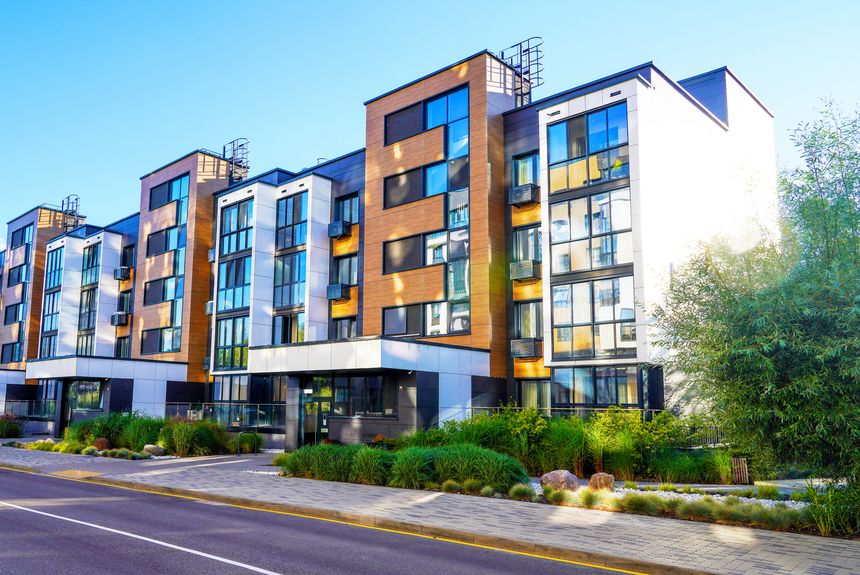The Court of Appeal’s recent decision in Abacus Land 4 Ltd v Bradley and another [2025] EWCA Civ 1308 provides important clarification on the limits of the First-tier Tribunal’s (FTT) jurisdiction when reviewing a landlord’s discretion to apportion service charges under residential leases. The case re-visited the meaning of “acting reasonably” in the context of service charge apportionment and re-affirms the principle that Tribunals should not substitute their own judgment for that of the landlord, unless the decision falls outside the bounds of reasonableness.
Background
The dispute arose between Abacus Land 4 Ltd (the freeholder and landlord of a mixed-use building), and long leaseholders of residential flats within it. The building included a gym, which the leaseholders were entitled to use. Under the lease terms, the leaseholders were required to pay service charges for maintaining the building, including the gym, with the amount of such charges being the amount “… as the Landlord acting reasonably shall determine”.
In 2013, the landlord leased the gym to a third party who operated a personal training business. Although residents retained access, after 2020 their use became more limited. Despite this, the landlord continued to allocate 100% of the gym’s maintenance costs to the residential leaseholders as part of the service charge. The leaseholders challenged this apportionment, arguing it was unfair given the commercial use of the gym and the reduced benefit to them.
The FTT initially sided with the landlord, but the Upper Tribunal (UT) overturned that decision, finding the cost allocation unreasonable. The landlord then appealed to the Court of Appeal.
The Decision
The Court of Appeal allowed the landlord’s appeal, restoring the FTT’s original decision. The court emphasised that the lease gave the landlord primary discretion to determine service charge allocations, subject only to the requirement that such decisions be reasonable. The FTT’s role under section 27A of the Landlord and Tenant Act 1985 is not to decide what it considers fair or reasonable, but to assess whether the landlord’s decision falls within a range of reasonable outcomes.
The Court found that the FTT had correctly applied this test by asking whether the landlord’s decision was “one that no reasonable landlord could have made”. Since the gym remained part of the common parts and residents retained access, the landlord’s decision to recover the full cost was not outside the bounds of reasonableness.
Importantly, the Court rejected the UT’s approach, which had applied a stricter “objective reasonableness” test. It held that this was inappropriate in the context of section 27A, where the question is whether the landlord breached the lease, not whether the decision was objectively the best or fairest.
Key Takeaways
- Scope of Tribunal's Jurisdiction: The FTT’s jurisdiction under section 27A is limited to determining whether the landlord has reached a decision within a range of reasonable outcomes. It cannot substitute its own view of what is reasonable, unless the landlord’s decision is one no reasonable landlord could have made.
- Landlord Discretion: Where leases grant landlords discretion to allocate service charges “ in a reasonable amount,” that discretion is broad. Landlords are not required to act in a way that is objectively fair to all parties, provided their decision is within a reasonable range.
- Commercial Use and Service Charges: Even where parts of a building are used commercially, landlords may still recover associated costs from residential leaseholders if the lease permits it and the decision is not one that no reasonable landlord could have made.
- Practical Implications for Landlords: For landlords, the ruling provides reassurance that their discretion under lease terms will be upheld if exercised within a reasonable range. It also underscores the importance of documenting the rationale behind service charge decisions, to provide evidence if such cases go to court.
Judgment: Abacus Land 4 Ltd v Bradley and another [2025] EWCA Civ 1308
If you would like more information on this, please contact Mark Foxcroft.

/Passle/6491ca5e863f054b458578e8/SearchServiceImages/2026-01-27-10-38-27-535-697895a3812a5c2d3450d260.jpg)
/Passle/6491ca5e863f054b458578e8/MediaLibrary/Images/2026-01-29-14-30-44-286-697b6f14e8715be98460734e.png)
/Passle/6491ca5e863f054b458578e8/SearchServiceImages/2026-01-29-11-42-33-952-697b47a90371dbadd582e8ab.jpg)
/Passle/6491ca5e863f054b458578e8/MediaLibrary/Images/2026-01-27-12-30-47-749-6978aff7ad3984136cd9fc44.png)